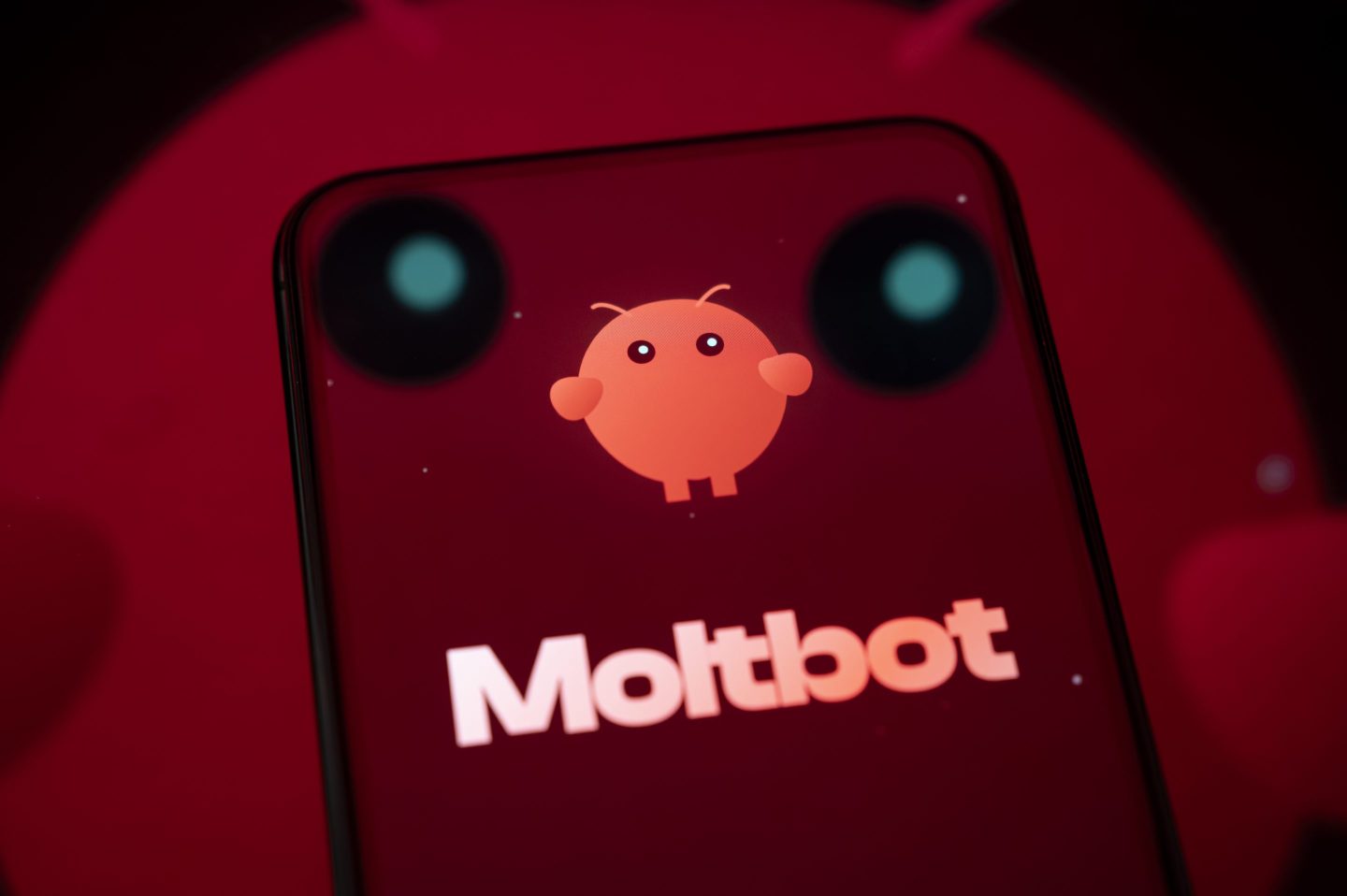
Under the cell phone industry’s peculiar pricing system, downloading data to your smartphone is amazingly cheap—unless the data in question happens to be a text message. In that case the price of a download jumps roughly 50,000-fold, from just a few pennies per megabyte of data to a whopping $1000 or so per megabyte.
In that giant pricing gap, Facebook chief Mark Zuckerberg spies opportunity.
Yesterday Facebook acquired Beluga, a nine-month old company that built a better and cheaper way to send text messages. Download the Beluga app to your smartphone and suddenly you can send texts to groups of people with one click, along with other handy tricks old-fashioned text messaging software can’t handle. The cost of sending texts with this improved app: zero.
That should scare AT&T (T), Verizon (VZ) and their smaller competitors, wrote Bernstein & Co. Analyst Craig Moffett in an email analyzing the deal: “Facebook is, at its core, a communications company. The move to acquire Beluga makes this explicit. Beluga puts Facebook squarely into competition with [wireless] carriers for the first time.”
Up to this point, the big carriers have had lots of pricing power, and haven’t been shy about using it. In 2006 Sprint (S) raised the price per text message from 10 to 15 cents, and AT&T, Verizon and T-Mobile soon did the same. Then Sprint hiked its cost to 20 cents and again the other three made identical price hikes. “These lockstep price increases occurred despite the fact that the cost to the phone companies to carry text messages is minimal – estimated to be less than a penny per message – and has not increased,” complained Senator Herb Kohl (D., Wisc.) In 2009.
The wireless companies all told Kohl’s antitrust committee that while the price of individual texts was going up, consumers were paying far less per text by buying huge bundles for flat rates. That proved true as text demand soared. Americans sent 173 billion texts a month last year, up from 7 billion a month five years earlier, according to the industry.
Still, in a business where the cost of sending a tiny text is roughly zero, the only determinant of total profit is total spending, and the shift to flat rate bundles caused consumers’ spending on text messaging to jump. Verizon gets 5% of its revenues from moving tiny text messages, according to Moffett, who notes that it is “virtually pure profit.” By contrast the revenue from every other sort of wireless data adds up to just 9% of Verizon’s revenue, and given the massive network upgrades needed to accommodate capacity-eating apps like Youtube, turning a profit on those apps is vastly harder.
Beluga-style apps threaten to do to the text message business what service like Vonage and Skype have done to the phone industry, and what Netflix (NFLX) is doing to the cable TV industry. In each case, upstart communication company uses generic Internet connections to offer old apps in new ways, circumventing older, less competitive networks.
Is it really fair to call the big carriers a “text messaging cartel?” The carriers have vehemently denied their identical price hikes were in any way coordinated, and there’s never been any other evidence of collusion. At the same time, in a competitive market where costs are dirt cheap and falling, prices are supposed to trend down, not up.
Facebook’s move could soon make that anti-trust debate irrelevant. A strategy of overcharging customers for texts and undercharging heavy users of data succeeds only in the absence of good alternatives for texters. On the Internet, bits are bits, and the ability to charge 50,000 times more for some bits than others seems unlikely to last much longer.
More from Coins2Day:











